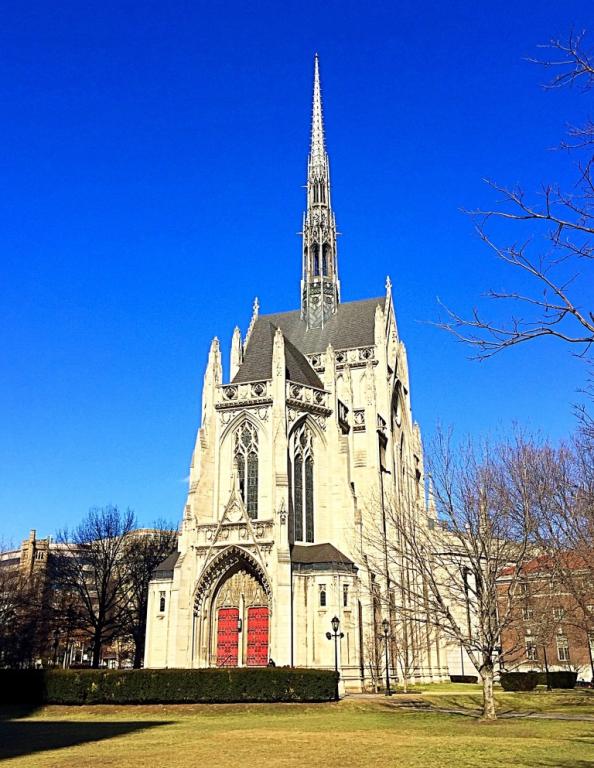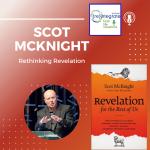Cult. Cultivate. Culture.

About a month ago in Bratislava, Slovakia, at the conference, “Visions for the Marketplace,” in one lecture I talked about these three words. They are not only etymologically connected, but philosophically too. They define each other, each in their own ways growing out of the other. They push-and-shove each other, moving back-and-forth on each other, twining themselves in and around each other.
But what do they mean in relation to each other? And why does it matter?
Almost ten years ago Meg and I were in Switzerland, visiting our daughter, Eden, who was working in a small village within a community called L’Abri, a French word for “the shelter.” For three generations now they have opened their hearts and homes to young people with honest questions wanting honest answers. When I was 20, I hitchhiked my way there; and in her day, after a semester of study in Geneva, Switzerland, she too found her way up the mountain side with her own hopes. Several years later it had become a second home, and in her last days there, wanting to see and hear something of her experience, we visited; I even was asked to give a lecture, which seemed a strange experience to me, after all those years.
One day I saw a sign on the door of the French-speaking Protestant church in Huemoz, the Swiss village which is home to L’Abri, simply saying that “the cult is meeting down the mountain this week.” My first instinct was to groan, wondering what had happened!? And then I realized that in French, like in all Romance languages, “cult” was not a pejorative word as it is in English. But what did it mean? And what did it mean in relation to “culture”? Not long after I began searching the etymological dictionaries of the world, wondering what the words meant, and where they had come from. What intrigued me was that both cult and culture grew out of “cultivation,” which is the oldest of the three words.
Given that I have long believed that for everyone everywhere, the first human vocation was to cultivate the created order, to see what is possible to be done on the face of the earth, I began to ponder what cult and culture meant in relationship to cultivation. What I concluded was that all of us, whatever we believe about the deepest things, the most important things about life and the world, are “cultic” by definition. We are, after all, “homo adoramus,” because we will make something or someone most important, and so we will worship, we will love, we will adore. There are no exceptions. Buddhists will. Maoists will. Evolutionary materialists will. Jews will. Muslims will. Christians will. As Augustine said so perceptively, the question, “What do you love?” is the deepest of all questions, probing us in our heart of hearts, seeing into the truest motive of our motivations.
In our very different ways, we all believe in something, holding it uncritically, because one’s deepest beliefs must be believed uncritically. We all have pre-theoretic commitments about reality that affect what we see and why we see what we see. The uncritically-held belief that some are just “neutral” because they are “not religious,” is a fantasy; as the great scientist Michael Polanyi wrote with unusual honesty and insight, “The viewer is always viewing.” We see out of our hearts because we see out of our pre-theoretic commitments. No one is neutral.
And so from our “cultic” commitments, we live and move and have our being, cultivating life and the world. Can you grow grapes and then make wine? A guitar from this wood? A house from these stones? A city from these houses? And on and on, all the way to U2 concerts, Hong Kong, MRIs and iPhones. The most interesting questions, the most important questions always are, “Who or what is our reason for being? Why do we do the things we do? What does it all mean?”
Our vocations grow out of our beliefs about the way things are, about what matters and what doesn’t matter; what we do with life is born out of our commitments about the meaning of life. Habits of heart that form common practices are born of ways of life that come from deeply-held commitments about the most important things, and this reality has a thousand faces.
The culture of California is different than the culture of Montana is different than the culture of Texas is different than the culture of Minnesota is different than the culture of Virginia is different than the culture of Maine. Pittsburgh has a different culture than New Orleans, and different again from Denver. The culture of Prague is different than the culture of Bratislava is different than the culture of Vienna, just as the cultures of London, Dublin and Paris are different. But we also speak of a Hindu culture, like we speak of a Jewish culture, like we speak of a materialist culture. This is as true across human hearts and history, and so is true of the most ardent secularists as it is of the most devout theists.
So in the gathering in Bratislava, speaking to morally serious people who long to understand more fully their own responsibility for the ways of life in Central Europe, everyone in his or her own way hungry for vocations that contribute to healthier social ecologies, I offered them the vision of vocation born of the cult/cultivate/culture dynamic. It is rich, and complex, with consequences that run across the whole of life. Human flourishing is at stake, and that was plainly the conviction of those who imagined the conference. They are giving their lives for the sake of human flourishing, being common grace for the common good, believing that their Christian faith implicates them in that complex vocation, for love’s sake seeing themselves responsible for Bratislava, for Slovakia, for Central Europe, and for the world.
 When I was on my way home, I spent a day in Vienna, Austria, about an hour from Bratislava, and saw this sign on the door of an Orthodox Jewish synagogue. It translates, “Vienna Israelite Community.” Do you see the German word, “Kultus” on the sign? From their deepest commitments about life and reality, for hundreds of years they have come together to form a common life, living from those beliefs in the day-by-day of time and place, and over generations a “culture” has been created.
When I was on my way home, I spent a day in Vienna, Austria, about an hour from Bratislava, and saw this sign on the door of an Orthodox Jewish synagogue. It translates, “Vienna Israelite Community.” Do you see the German word, “Kultus” on the sign? From their deepest commitments about life and reality, for hundreds of years they have come together to form a common life, living from those beliefs in the day-by-day of time and place, and over generations a “culture” has been created.
Cult. Cultivate. Culture. And back again. The words play themselves out, affecting and shaping each other, always and everywhere. It cannot not be.
For more from Steve Garber, visit his Commons Blog from The Washington Institute for Faith, Vocation and Culture.












